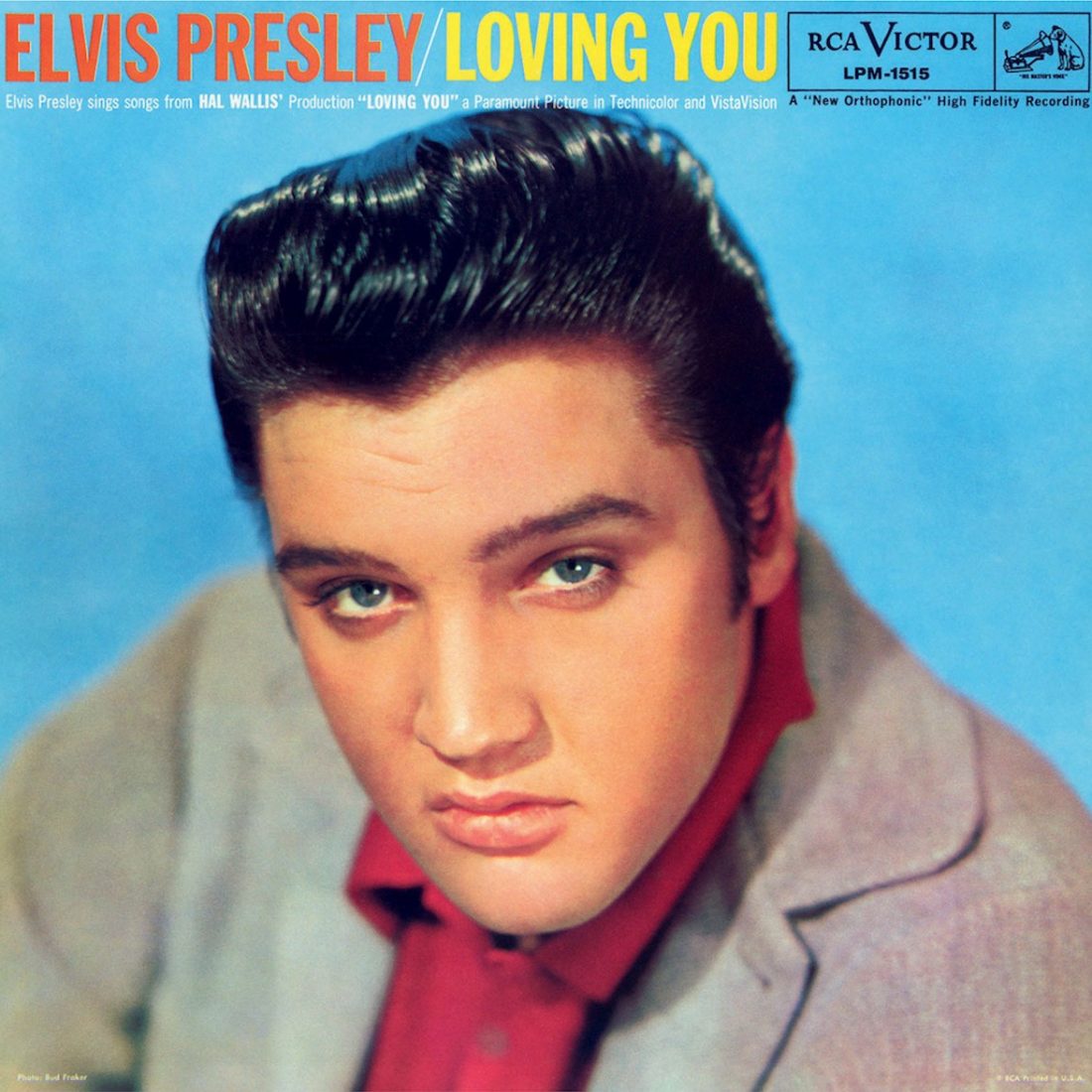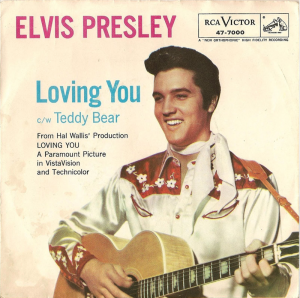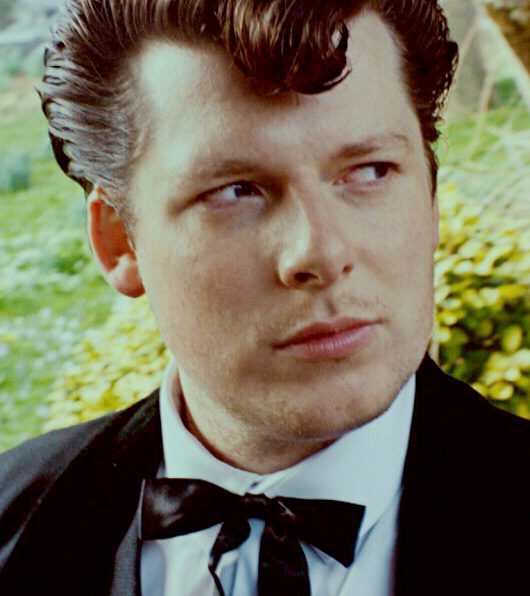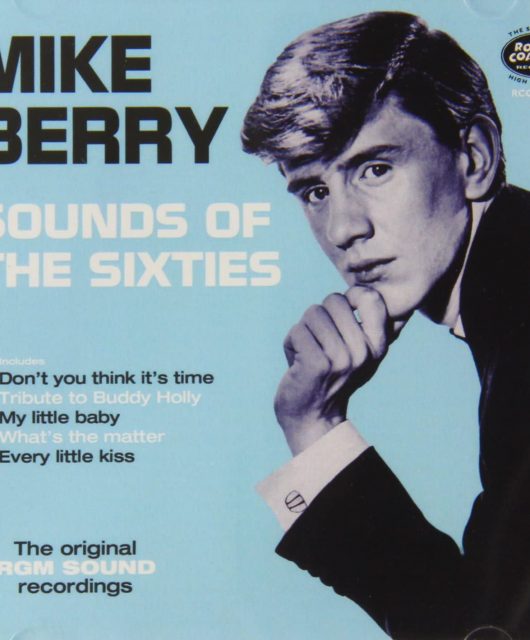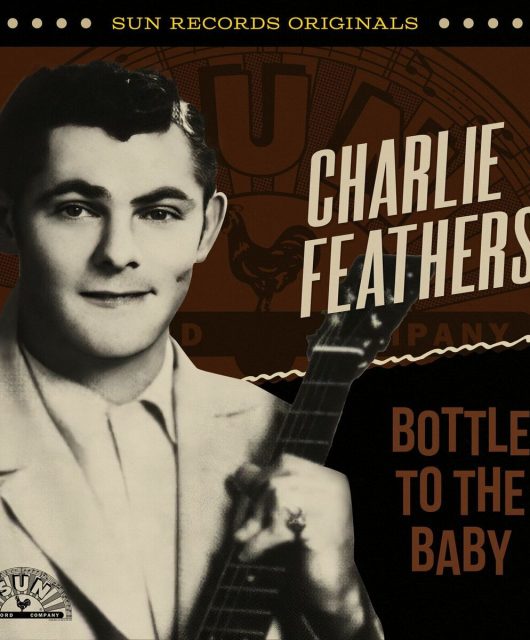Recorded at Paramount, the transatlantic No.1-charting Loving You would be Elvis Presley’s first soundtrack album…
The Technicolour Loving You (1957), Elvis’ second movie, allowed him to display his acting chops, after an uncertain celluloid debut in the previous year’s Love Me Tender. The accompanying so-called soundtrack album similarly offered evidence of his growing technical assurance and his potential range as a vocalist.
Songs from the film only accounted for half of the album, and all seven of these numbers were confined to the first side. Side Two comprised five non-movie tracks, four of which were familiar from earlier recordings by other artists, along with a new composition by a pair of young New York songwriters Aaron Schroeder and Ben Weisman, Don’t Leave Me Now, who had also written Got A Lot O’ Livin’ To Do for the movie.
First Soundtrack Album
All the album tracks emerged from sessions in January and February of 1957 held at Paramount Pictures’ soundstage and, because the latter’s open, impersonal set-up felt so alien to Elvis, the more intimate Radio Recorders studio in Hollywood. Presley was backed by his old pals Scotty Moore, Bill Black and D.J. Fontana, along with The Jordanaires, all of whom also got bit parts in the film. They were augmented on some tracks by the experienced session player ‘Tiny’ Timbrell (rhythm guitar) and the jazz pianist Dudley Brooks.
In addition to the album spending ten weeks on top of the Billboard Top Pop album charts, and making No.1 in the UK equivalent (a shorter eight-song release), several of the songs were hit singles. Loving You, written by Jerry Leiber and Mike Stoller, made No.20 in the States and No.24 in the UK, although Elvis and the band had great difficulty getting to grips with this rather stolid, colourless ballad that never seems to get going. In fact, the version put out as a single was a different recording to the one used in the film. It’s a measure of how hot Elvis was at this time that it still charted so highly both here and in the States.
Loving You was paired on the single with another movie song, the rockin’ (Let Me Be Your) Teddy Bear, that was written by Kal Mann and Bernie Lowe. Unsurprisingly, despite sounding suspiciously familiar to Elvis’ earlier hit Don’t Be Cruel, Teddy Bear topped the chart in the States and made UK No.3.
(Let Me Be Your) Teddy Bear
Two other movie numbers proved popular as singles when given a British release. Party was written by Jessie Mae Robinson, an unheralded but highly gifted writer who provided songs for artists as diverse as Amos Milburn, Hadda Brooks and Frankie Laine. Party soared to the No.2 spot in the UK, thus becoming the most popular number from the movie in Britain.
Yet ultimately the song has come to be associated with another artist. After The Collins Kids did their own version of the track, Wanda Jackson, whose vocal inflections bore some resemblance to those of Lorrie Collins, recorded the song in 1958. With the title tweaked to Let’s Have A Party, it was a belated hit for her in 1960, effectively giving her career much needed momentum after a stuttering start, and becoming one of her signature songs.
Let’s Have A Party
Shroeder and Weisman’s Got A Lot O’ Livin’ To Do, was typical of the kind of happy-go-lucky rock’n’roll movie fare of the time, not a bad song, but lacking kick. It would have been entirely forgettable had Elvis, at his most playfully endearing, not given it one of his classic treatments where, in a kind of self-parodying style, he runs the words together at the end of the chorus so they become virtually incomprehensible. British fans clearly digged, and it made No.17 over here.
Mean Woman Blues was supplied by Claude Demetrius, who had past songwriting credits for the likes of Louis Jordan and Jimmy Witherspoon. Brilliantly performed by Presley in the movie, its R&B flavour was watered down by the Jordanaires’ harmonies. Incidentally, Demetrius went on to provide Presley with the US No.1 hit Hard Headed Woman in 1958. Of the other movie songs, Leiber and Stoller’s Hot Dog, despite being a routine offering weighing in at a mere one minute, 12 seconds, took multiple takes to record.
Lonesome Cowboy, a ballad initially intended as the title track, took 25 takes, and the finished version required considerable splicing. Written by the New York songwriting stalwarts Sid Tepper and Roy C. Bennett (who as well as being prolific writers for Elvis, also wrote for Cliff and The Shadows), its arrangement was in the singing cowboy tradition. Barely registering as a standalone song, even so its performance in the movie offered one of its most exquisite, beautifully lit segments.
I Found My Thrill…
The non-movie songs on the album were a mish-mash of styles. Blueberry Hill was still riding high in the charts for Fats Domino around the time Presley sung his version. An old tune dating back to the 1940s, Presley aped Domino’s interpretation without replicating the magic. True Love reflected Elvis’ interest in the American crooning tradition. The only time he would perform a song written by Cole Porter, this had recently been a hit single for Bing Crosby (sung with Grace Kelly), released from the soundtrack of High Society, MGM’s musical remake of The Philadelphia Story.
I Need You So had been an R&B hit for Ivory Jo Hunter in 1950. Presley headed into country territory with Have I Told You Lately That I Love You, a song much beloved of top acts at the western end of that genre, including Gene Autry, Tex Ritter and The Sons Of The Pioneers.
Silver Screen Star
The Shroeder and Weisman song Don’t Leave Me Now, a mid-tempo ballad, was shortly re-recorded by Elvis for the soundtrack of his next film, Jailhouse Rock. Schroeder, the future manager of Gene Pitney, had also written I Was The One, the B-side of Heartbreak Hotel, and Any Way You Want Me, one of the most majestic recordings of Presley’s early RCA period. Weisman would have the distinction of writing the most songs to be recorded by Presley (57).
Although Loving You would be few people’s idea of a great Presley long-player, it was early evidence that he was far too talented a vocalist to confine his repertoire to rock’n’roll.
Read More: Vintage Rock’s Elvis Presley Top 20 (1954-59)

